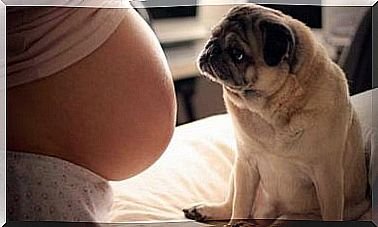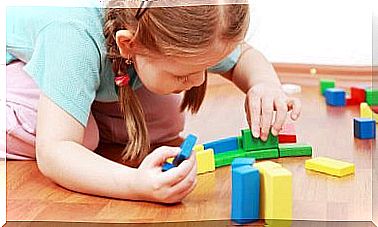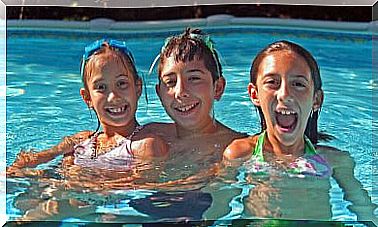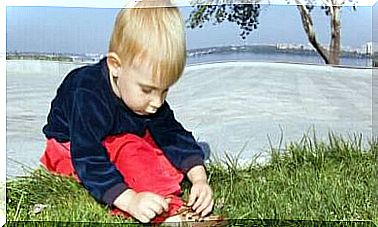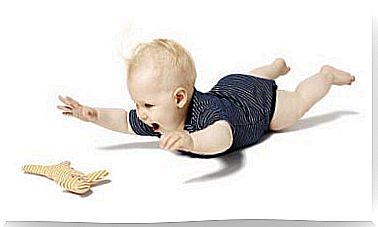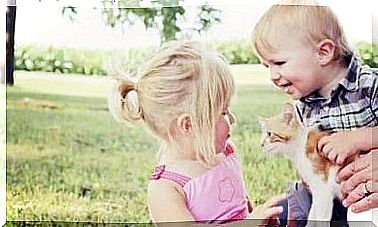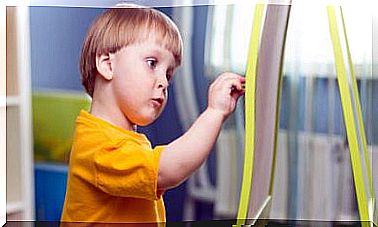Parenting Educational Styles And Their Influence On Personality
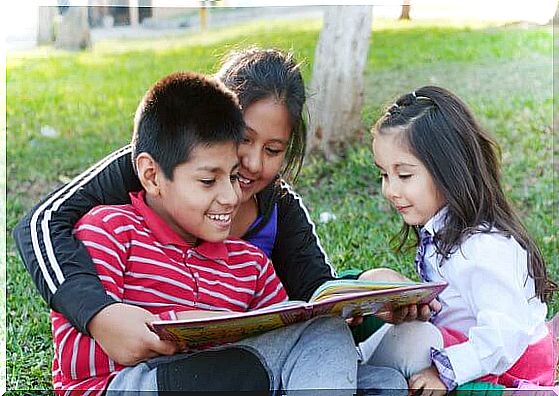
The great influence of parents on children’s way of being has always been known. From the point of view of social sciences, the family is considered the main socializing agent, thus indicating its great responsibility for the individual’s psychosocial growth.
Parental education styles represent the way parents act towards their children in everyday situations, in decision making or in conflict resolution. However, to what extent can the way we educate our children influence their personality development?
Discipline and Affection
The way parents educate is not just a tool to establish desirable guidelines for the child’s behavior.
The child, in turn, acquires a series of skills and personal characteristics. However, from the point of view of life cycle developmental psychology, it is understood that there are two dimensions when it comes to educating our children: discipline-demand and affectivity-receptiveness.
- Affection: refers to acceptance, that is, the expressions of parents towards their children so that they feel at ease in their presence.
- Discipline: can also be defined as control. It is present in the behavior of parents towards their child and aims to achieve a desirable behavior.
Classification of parenting styles
Clinical psychologist Diana Baumrind (1971) pioneered the inference that parenting styles can be classified according to how the dimensions of affect and discipline are combined. There are four parenting styles depending on these two dimensions:
- Authoritarian. It is characterized by the predominant use of the discipline. It is used by parents with high expectations regarding compliance with standards and is based on one-way communication.
- Permissive. It would be the opposite style to the previous one. These parents base their parenting style on affection. They allow the child to make their own decisions but have little control over them.

- Negligent. So-called uninvolved parents. It is considered the worst of educational styles, as neither of the two dimensions is present.
- Democratic. It is considered the ideal or most appropriate educational style. Both dimensions are present: parents strive to teach appropriate behavior through a set of rules and based on interaction and affection.
Consequences on the child’s personality
Without a doubt, the way we bring up has a great influence on our children’s personality. It is a determining factor for your academic performance, your effectiveness in social relationships, your emotional security or even your possible future professional success.
Maccoby and Martin (1983), in Socialization in the context of the family (Socialization in the context of the family , in free translation) , establish a relationship of each of the parental educational styles with a series of personal consequences:
- Children and adolescents educated in an authoritarian style have high academic performance. However, they also have low self-esteem, autonomy and social competence.
- The permissive style generates high levels of self-esteem and confidence, but there is a tendency to be self-centered, disobedient and underachieving.
- Lack of self-control and aggressiveness are some of the consequences generated by the negligent style. Furthermore, there is a greater predisposition to suffer from psychological disorders.
- Parents who use the democratic style generate a family atmosphere led by mutual respect and cooperation. This develops a realistic and positive self-concept in the child. At the same time, there is a high motivation for success, which translates into good academic performance.
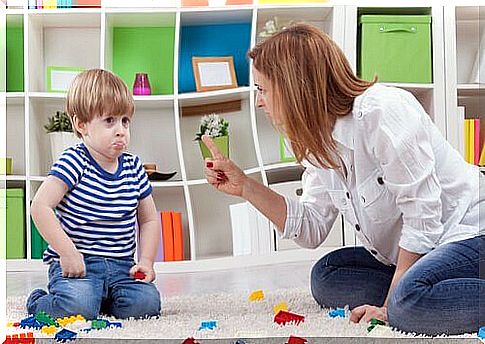
Finally, although this theoretical proposal about the different parenting educational styles must be considered within the global trends of behavior, that is, it may vary depending on the reality of each family, the effectiveness of the democratic style is obvious.
In summary: reasonably explaining the norms and decisions to our children and showing sensitivity to their needs within an affectionate communicative environment will help them to build a positive, realistic and healthy personality.

